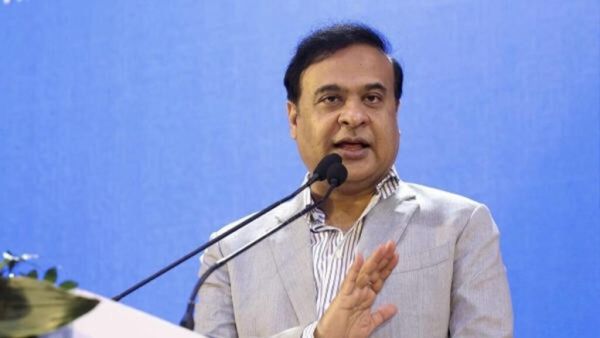
The Assam government introduced ‘Assam Prohibition of Polygamy Bill, 2025’ in the Assembly on Tuesday (November 25) with an aim to ban the practice of polygamy in the state. Chief Minister Himanta Biswa Sarma introduced this bill to fulfill the government’s promise to end polygamy through a legal framework. The move comes after a state-wide survey in 2023 found that the issue of polygamy and its socio-economic impact on women was considered serious.
The government says the bill aims to provide legal protection to women and prevent cases where misuse of personal laws causes mental, social and economic suffering to women.
Polygamy is clearly defined under the key provisions of the bill. According to this, if a person marries a second time while still in his existing valid marriage, while the first marriage is neither annulled nor legally ended, it will be considered as polygamy. In the case of the first offence, a maximum imprisonment of 7 years and a fine to be decided by the court can be imposed. At the same time, if a person marries a second marriage after hiding his first marriage, then there is a provision of maximum punishment of 10 years, along with which the amount of fine will be decided by the court. In case of repeated offence, the punishment will be double the punishment given in the previous offence. Apart from this, a clear provision for giving compensation to women victims of polygamy is also included in this bill.
Scope of law and exceptions The bill will apply to the entire state of Assam, but will not apply to the Sixth Schedule areas, such as Bodoland Territorial Region, Karbi Anglong and Dima Hasao, as these areas enjoy special self-government under the Constitution.
Similarly, members of Scheduled Tribes (STs) have also been excluded from the scope of this law, as defined in Article 342 of the Constitution. Apart from this, if any resident of Assam goes outside the state and performs a polygamous marriage after the implementation of the law, he will also be considered guilty under this law and action can be taken against him.
Punitive action against accomplices and those hiding facts is also an important part of the bill. There is a provision for action against the village head, Qazi, parents or guardians if they assist in polygamous marriage or conceal the fact.
If found guilty in such cases, a maximum of 2 years’ imprisonment and a maximum fine of ₹1 lakh can be imposed. Similarly, if a person knowingly solemnizes an illegal marriage, there is a provision for a maximum imprisonment of 2 years and a fine of up to ₹ 1.5 lakh.
A person found guilty will be disqualified from holding government employment under civil sanctions following conviction. He will not be able to avail the benefits of any scheme supported by the state and will be barred from taking part in local body elections like Panchayat and Municipal bodies. Thus the Bill not only makes polygamy punishable but also ensures strict action on the social structures that enable the crime.
Indian stock market opened in green, Sensex rose 261 points in early trade!
Do ‘Thursday Fast’ for wealth, knowledge and marital happiness!
Vadodara MP sent unity march invitation to Rahul Gandhi!
PM Modi’s letter to citizens on Constitution Day